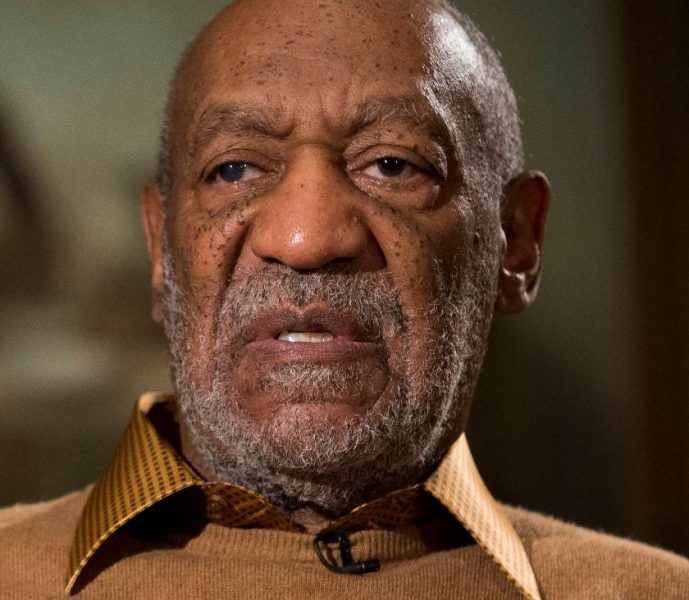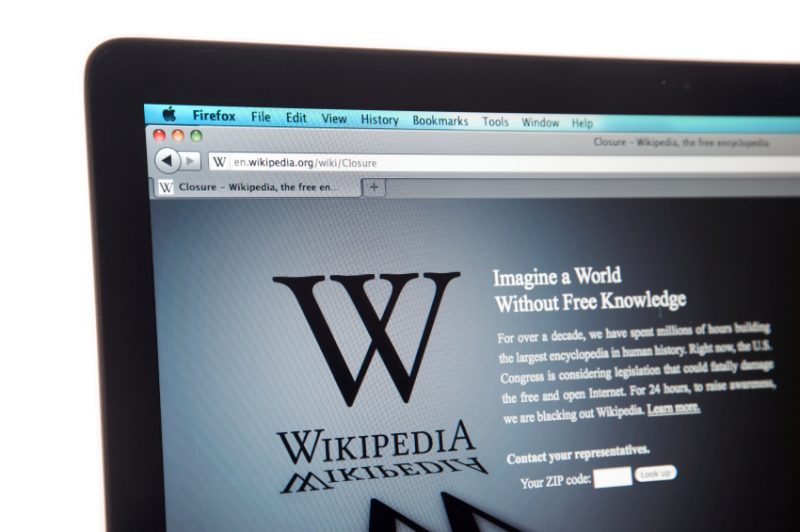
Outdoor apparel brand Patagonia was in the news last spring, and not just for designing a bikini that always stays in place. Business Insider reported that the company is poised to fight the Trump administration’s threat to America’s national monuments. No wonder Patagonia is a role model for reputation-building in the corporate world.
“We’re watching the Trump administration’s actions very closely and preparing to take every step necessary, including legal action, to defend our most treasured public landscapes from coast to coast,” said company CEO Rose Marcario. According to Business Insider, “The executive order would specifically put 25 national monuments — named protected lands under the 1906 Antiquities Act — under review, in danger of losing their status. A national monument has never had its protected status rescinded before, and it’s unclear if the laws allow such a maneuver.” The move is classic Patagonia, and illustrates why the company enjoys such strong support from its loyal customer base. Its reputation is enviable…and strategically earned.
Five years ago, Yvon Chouinard, the company’s founder, published The Responsible Company: What We’ve Learned From Patagonia’s First 40 Years. Chouinard offers not just a story about how to create a responsible company. It is also a story about creating a company that is known for that responsibility.
A Passion Project Patagonia’s beginnings can be traced back to a California falconry club, where a young Chouinard discovered his love of climbing. Unsatisfied with the equipment available for climbers, he began making his own. He and his new wife Malinda soon ventured into apparel, founding Patagonia in 1972. “The point was not to focus on making money; focus on doing things right, and the profits would come,” according to a 2007 Fortune cover story. That mentality has been a defining part of the company’s image.
Environment First Patagonia became a leader in environmental responsibility by giving it an equal priority to profits—reportedly without sacrificing profits. In 1985 the company began donating one percent of its revenue to environmental organizations, a move that has since inspired more than 1,400 companies to join its 1% For the Planet initiative. It was also one of the first companies to switch to more environmentally friendly organic cotton, despite its higher costs.
Limitations Following accelerated growth spurred by the unintended trendiness of its brand, Patagonia’s limits were revealed when the early 1990s recession hit. Growth skidded to a halt and the company was forced to lay off a fifth of its employees. Rather than yielding to the economic circumstances, however, Chouinard doubled down on his original mission. “I decided the best thing I could do was to get profitable again, live a more examined corporate life and influence other companies to do the same,” he told the Wall Street Journal‘s Seth Stevenson.
Beyond Transparency Since that crisis Patagonia has placed even more emphasis on its environmental agenda. Chouinard started “The Footprint Chronicles,” a soul-searching online project dedicated to “exhaustively cataloging the environmental damage done by his own company,” as the WSJ described it. Taking a stance against consumerism, one holiday season Patagonia even ran a Black Friday ad asking people to buy less of its products. At the same time Chouinard’s perspective has rubbed off on other, larger corporations. Through all of this Patagonia has been consistently reported as profitable, despite its large donation programs, the extra costs it imposes on its supply chain and other activities whose direct effect on the bottom line would seen to be negative. And other companies have seen the value in Patagonia’s approach. The Wall Street Journal detailed how even Walmart turned to Chouinard, seeking his advice and working with Patagonia to form the Sustainable Apparel Coalition, which has attracted other top brands.
Hopefully, this is part of a growing trend.



